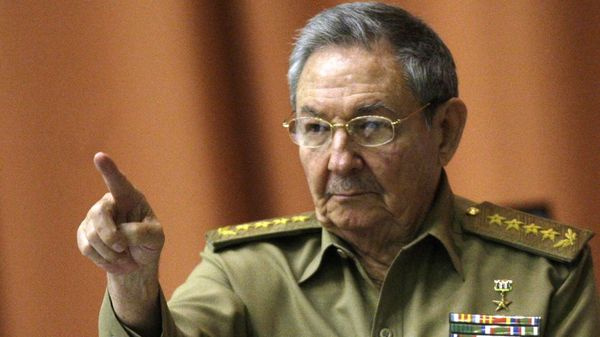
14ymedio, Reinaldo Escobar, Havana, 15 April 2024 — The most depressing arguments against the possible scenarios presented here actually taking place can be summed up in two popular expressions in plain and simple language: “You know that these people do whatever they want” and “anything can happen here at any time.”
Putting aside these truisms, another (though unlikely) scenario which would be one in which Miguel Díaz-Canel successfully completes a second term as president. In this instance, we must try to address what academics refer to as “the scientific problem” as expressed in the next question: Who will be appointed president of the Republic of Cuba in April 2028?
With four years to go, it seems premature to make predictions. However, this is the time when movement — or rather big shifts — could happen, leading to “the great designation” that will come as a no surprise to anyone.
In any presumably democratic country where presidential elections are held, speculation about the possible winner is based on how seemingly willing the electorate is to choose one candidate over several 0thers. To win the voters’ approval, politicians must campaign for office through the media and at public events. They offer campaign promises and eventually prevail over their opponents.
That simply does not happen in Cuba. Nominating commissions made up of organizations claiming to represent civil society but which are controlled by the Communist Party are the ones who nominate candidates for executive office. In the ten times that the National Assembly of People’s Power has met, not a single candidate has ever been rejected at the polls. It is the members of the newly chosen assembly who vote to approve the candidate proposed by the presidential nominating commission as President of the Republic.
The joke that bests reflects this situation would be one that asks, “What do polling results show?”
Current electoral law mandates that, to be president, a candidate must be a member of the National Assembly, no older than sixty at the start of his or her first term in office and no younger than thirty-five. Each term is to last five years and no one may serve for more than two terms. These strictures are enshrined in the Cuban constitution.
Since the president is inevitably the Communist Party first secretary, it is obvious that the designee must be a party member as well as an official who already holds positions in the party and government, though that is not stipulated anywhere in writing.
Miguel Díaz-Canel’s second term in office ends in April 2028 so it is relatively easy to figure out who would meet the the age requirements by that date in order to be eligible. The data is publicly available. One need only type “Parlamento cubano” into the Google search engine and add a name.
The figures below are current as of April 15, 2024.
Of the 471 names currently on the roster of National Assembly members (this includes those who have died, resigned or been fired), only 348 would meet the presidential age requirements in 2028. To be more precise, of the current members, ninety-three would be over sixty years of age and thirty would still be under thirty-five by that date.
Members of the the eleventh National Assembly will be take office shortly before the next president is chosen. One can assume, however, that it is unlikely that a “new arrival” — a junior legislator — would be elected to high office. Therefore, any analysis or speculation about who the most likely candidates for president might be will have to be done based on the current list of Assembly members.
Of th


